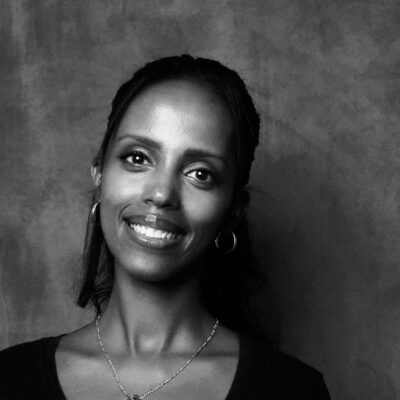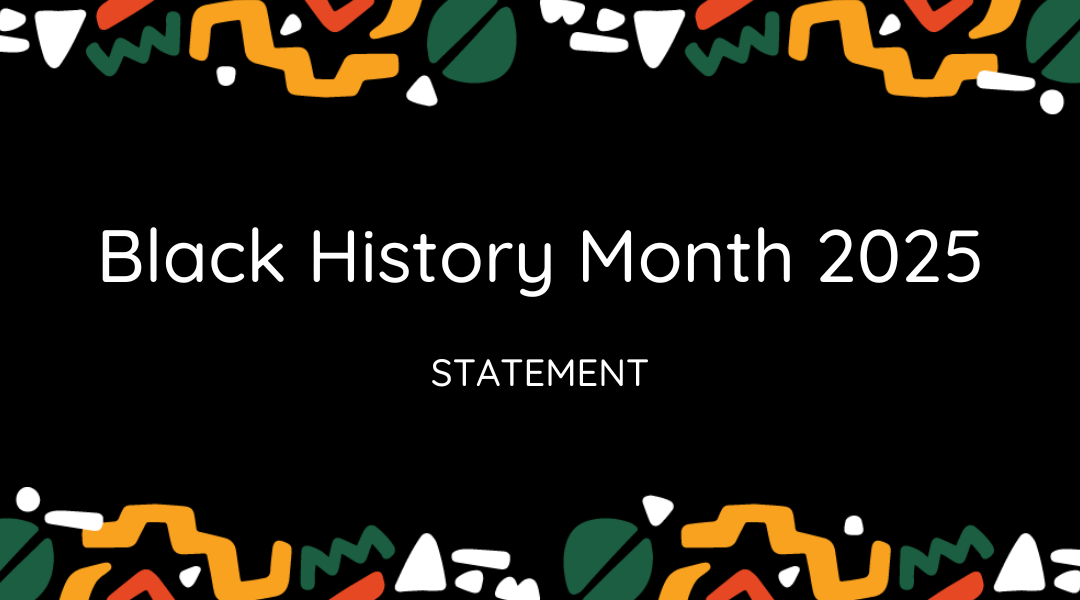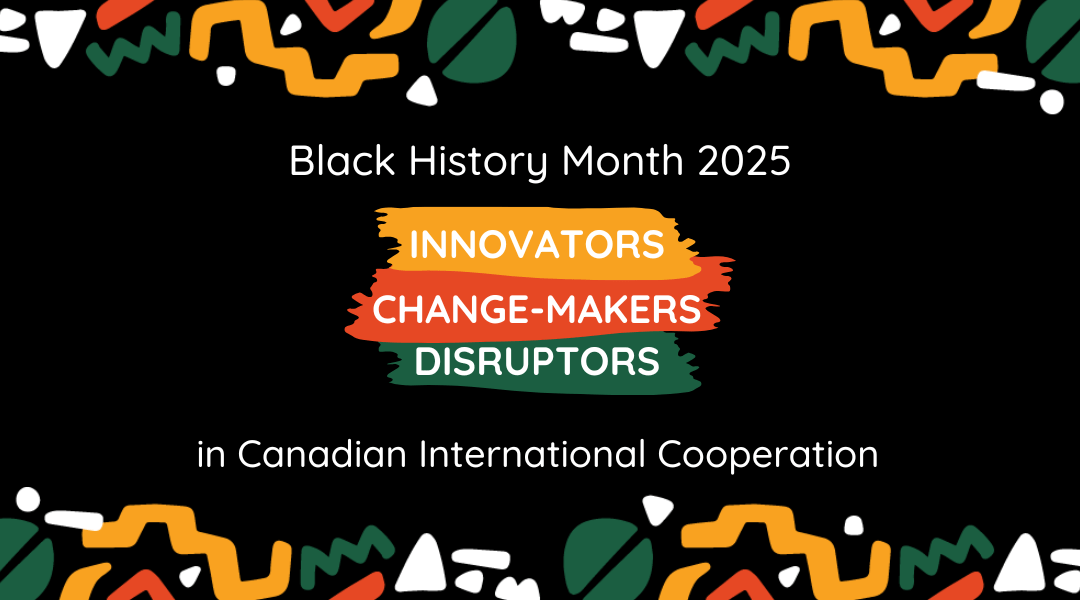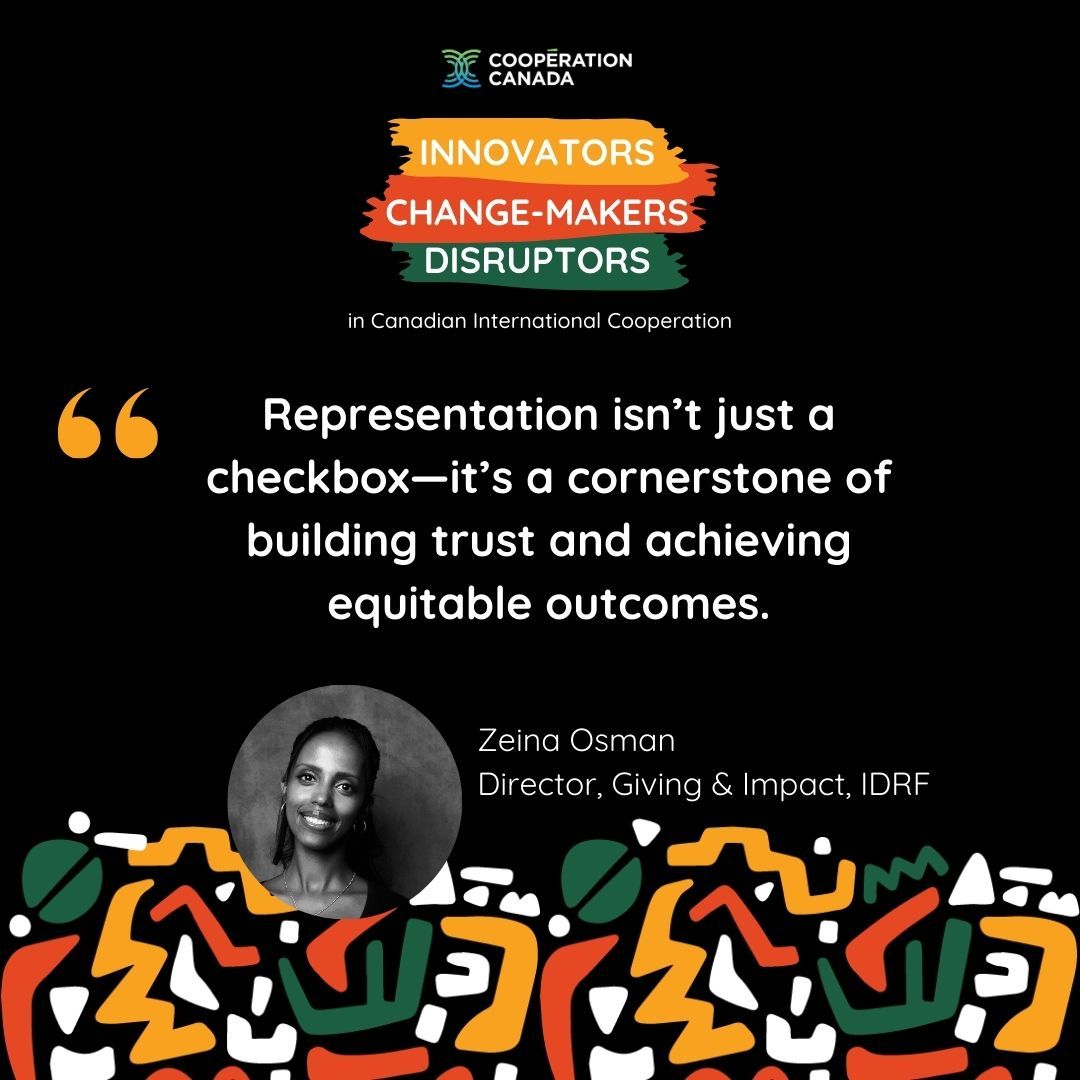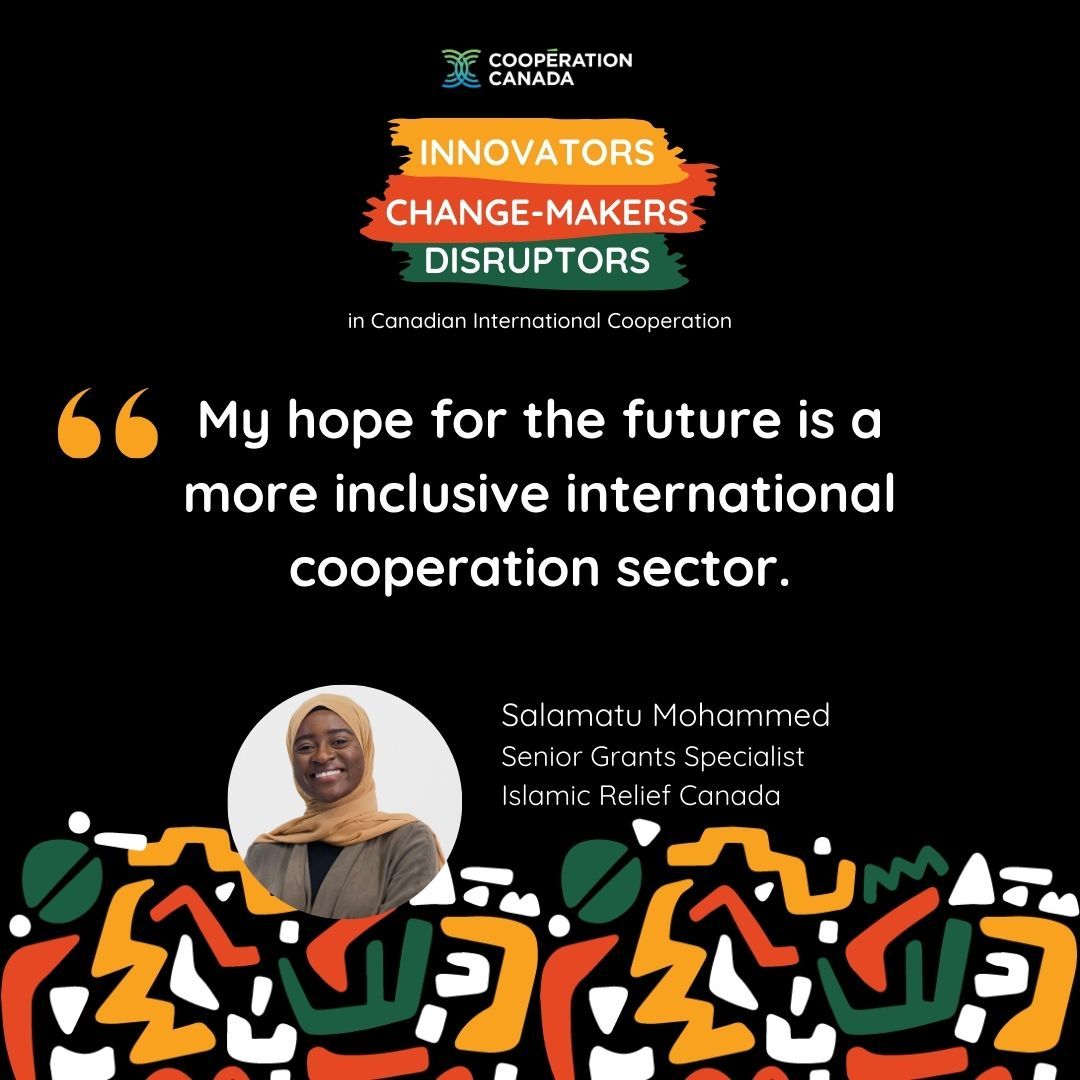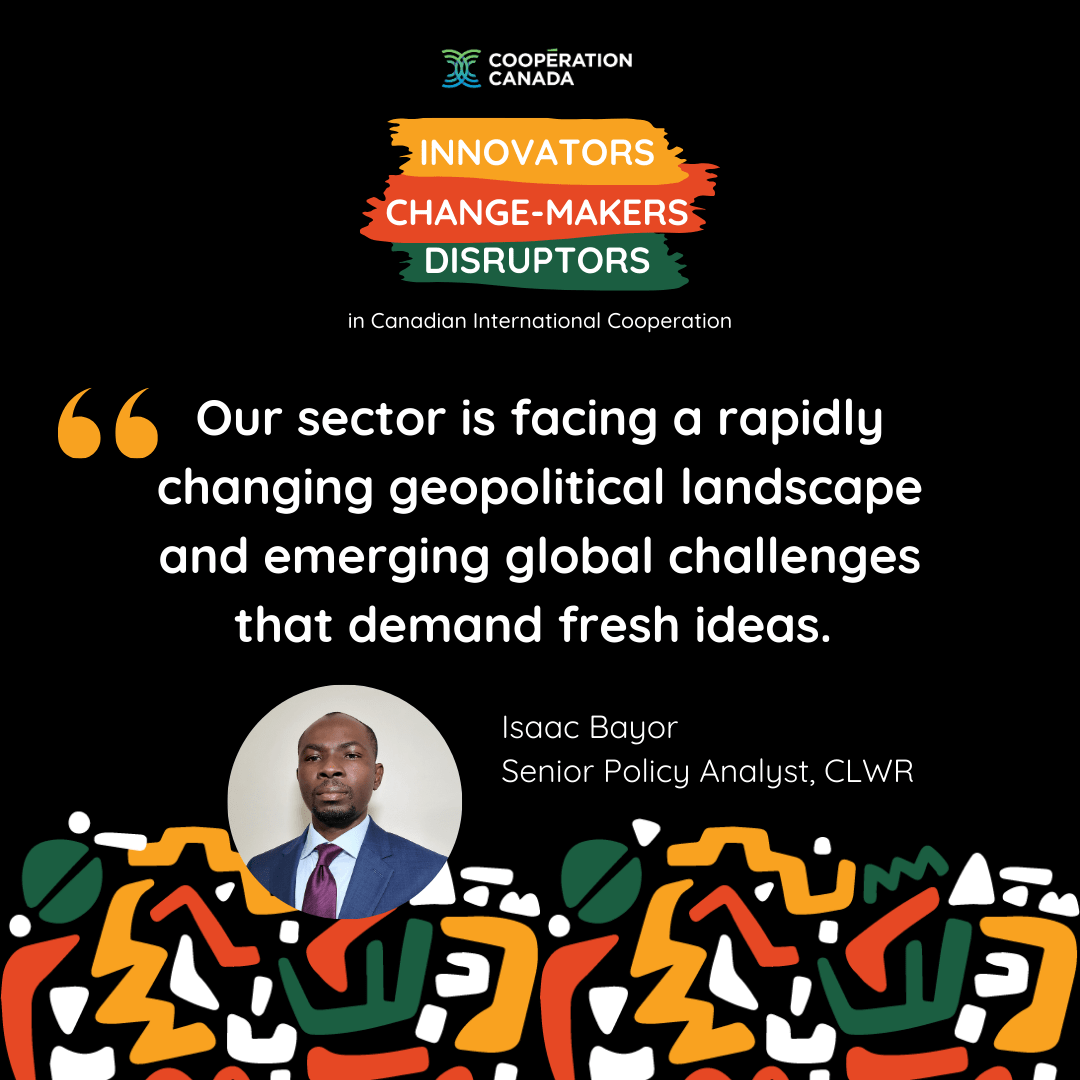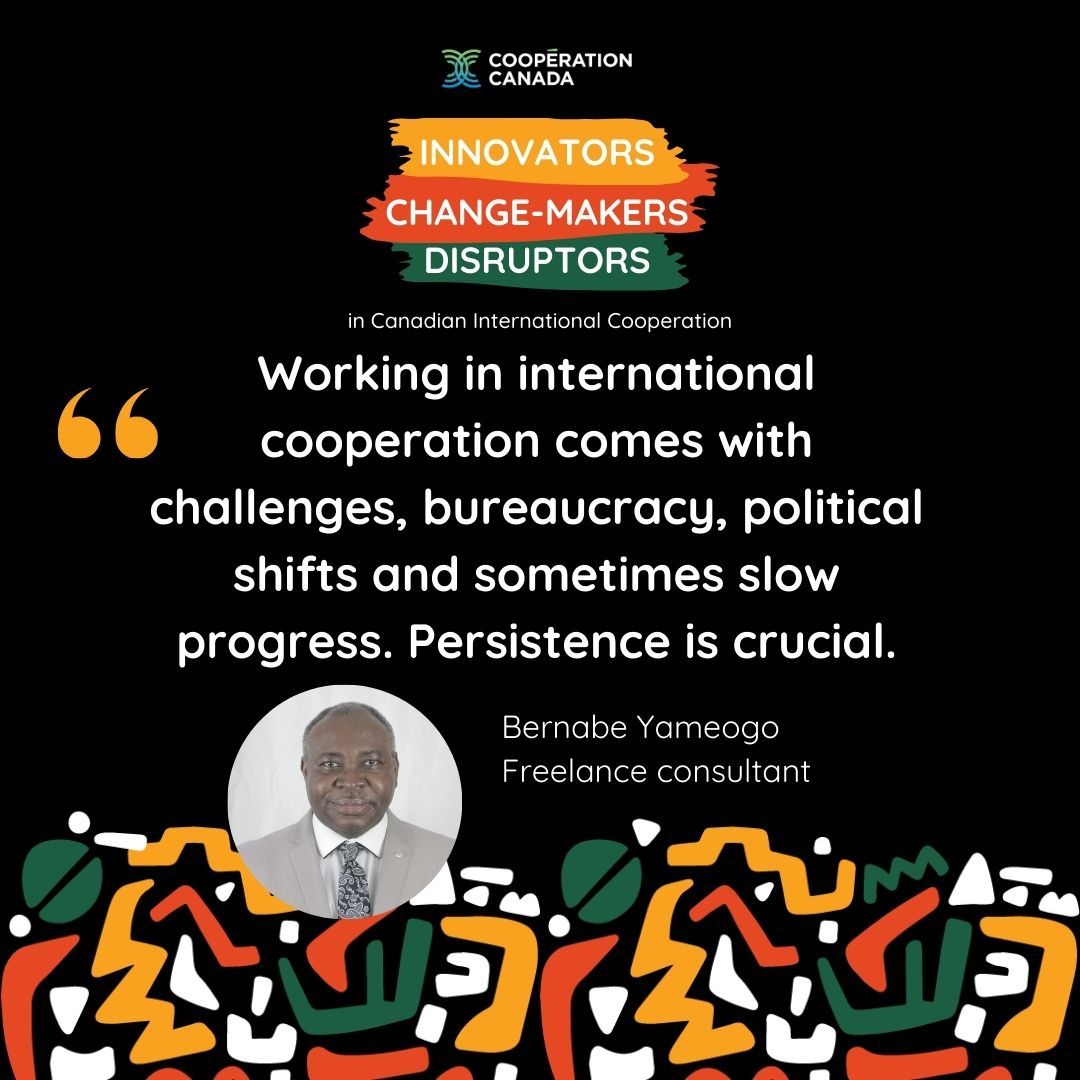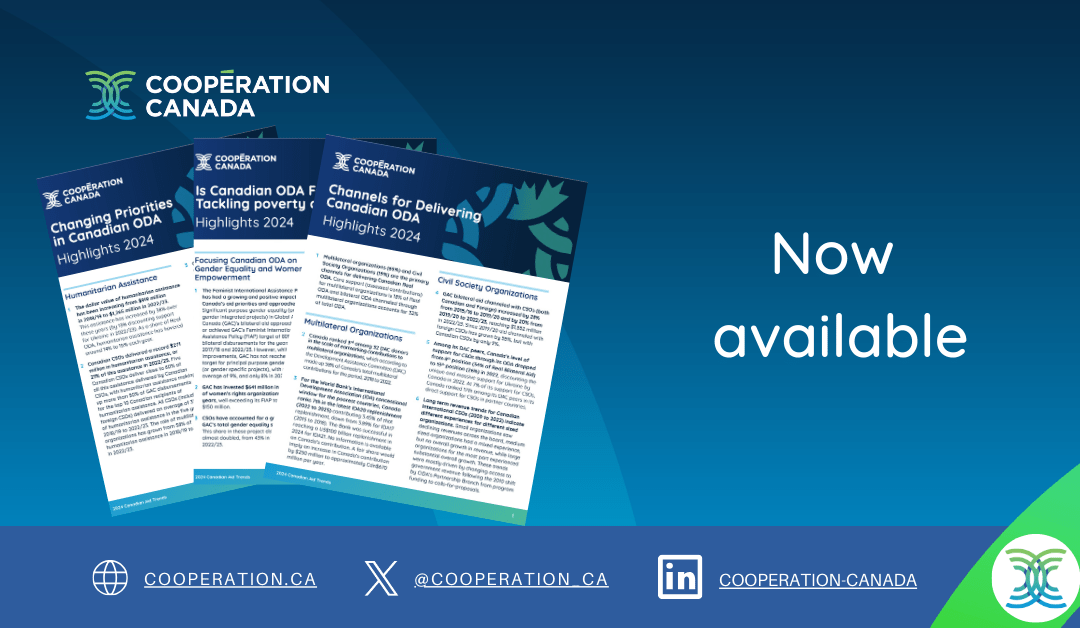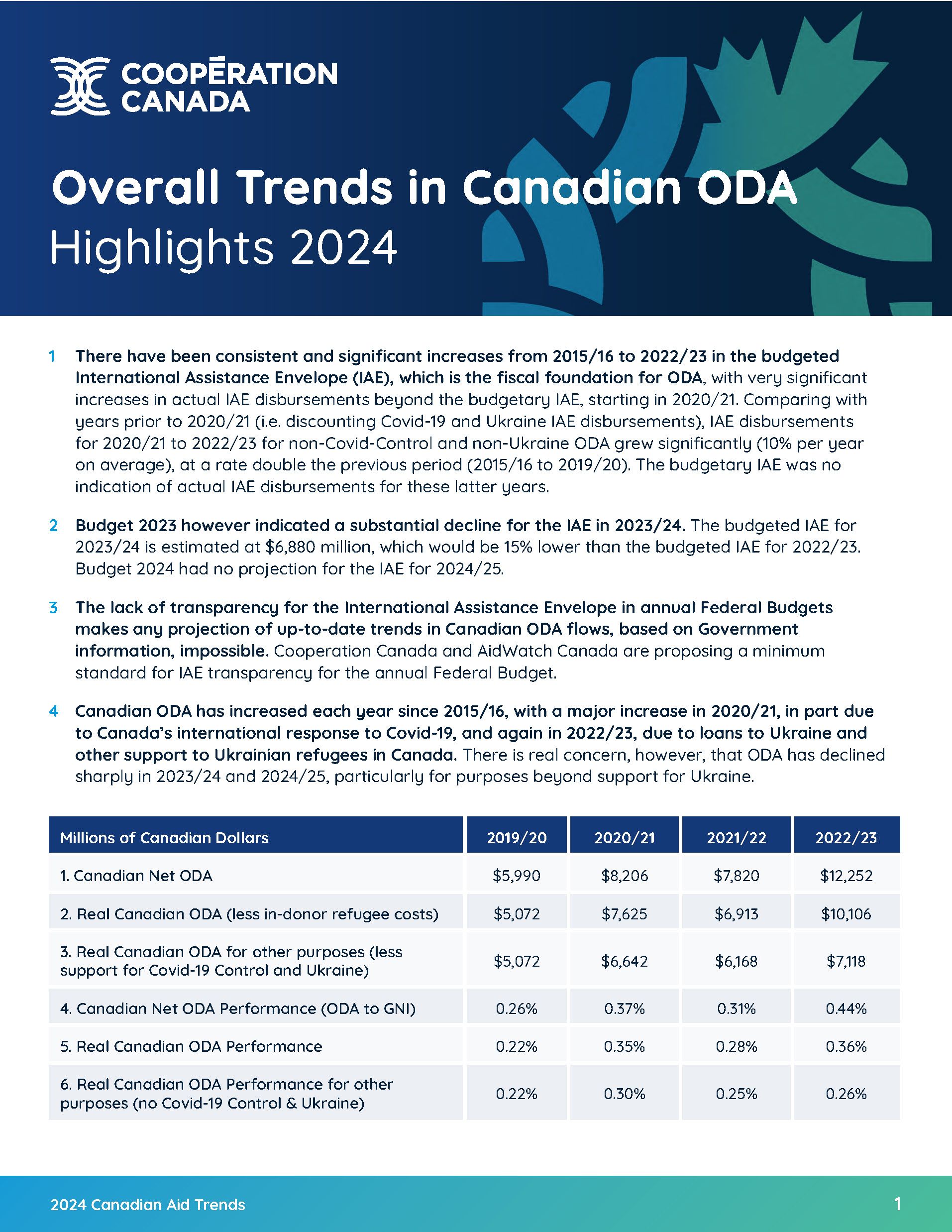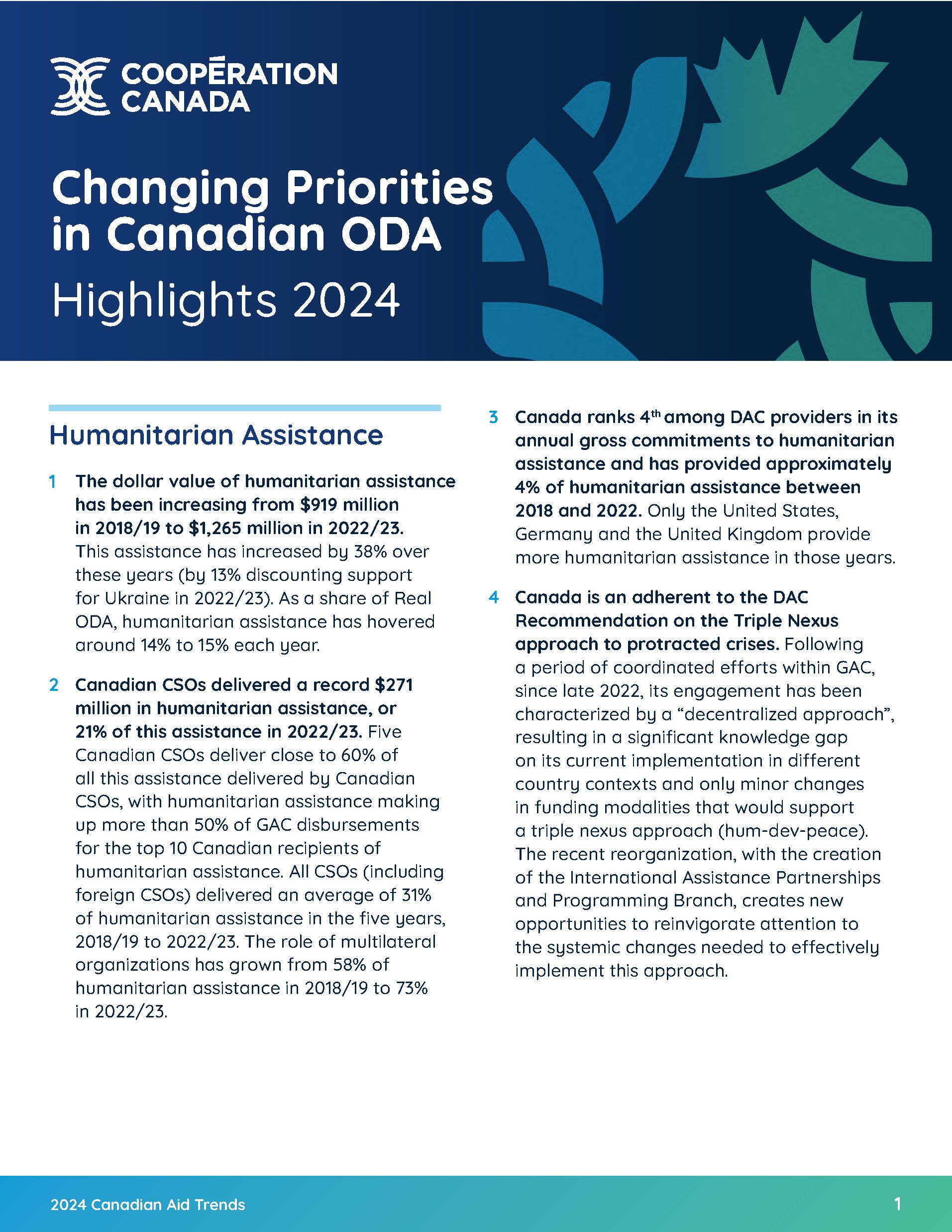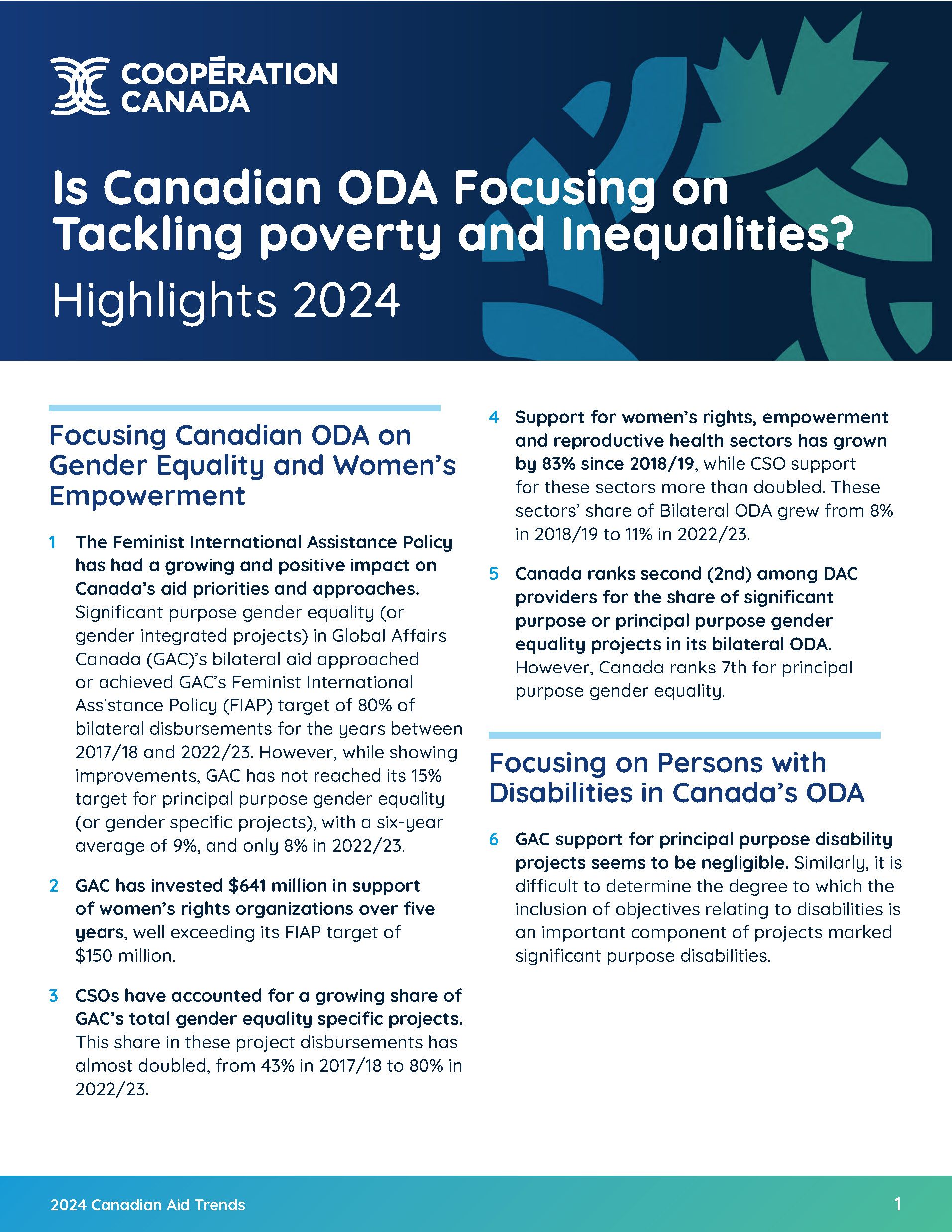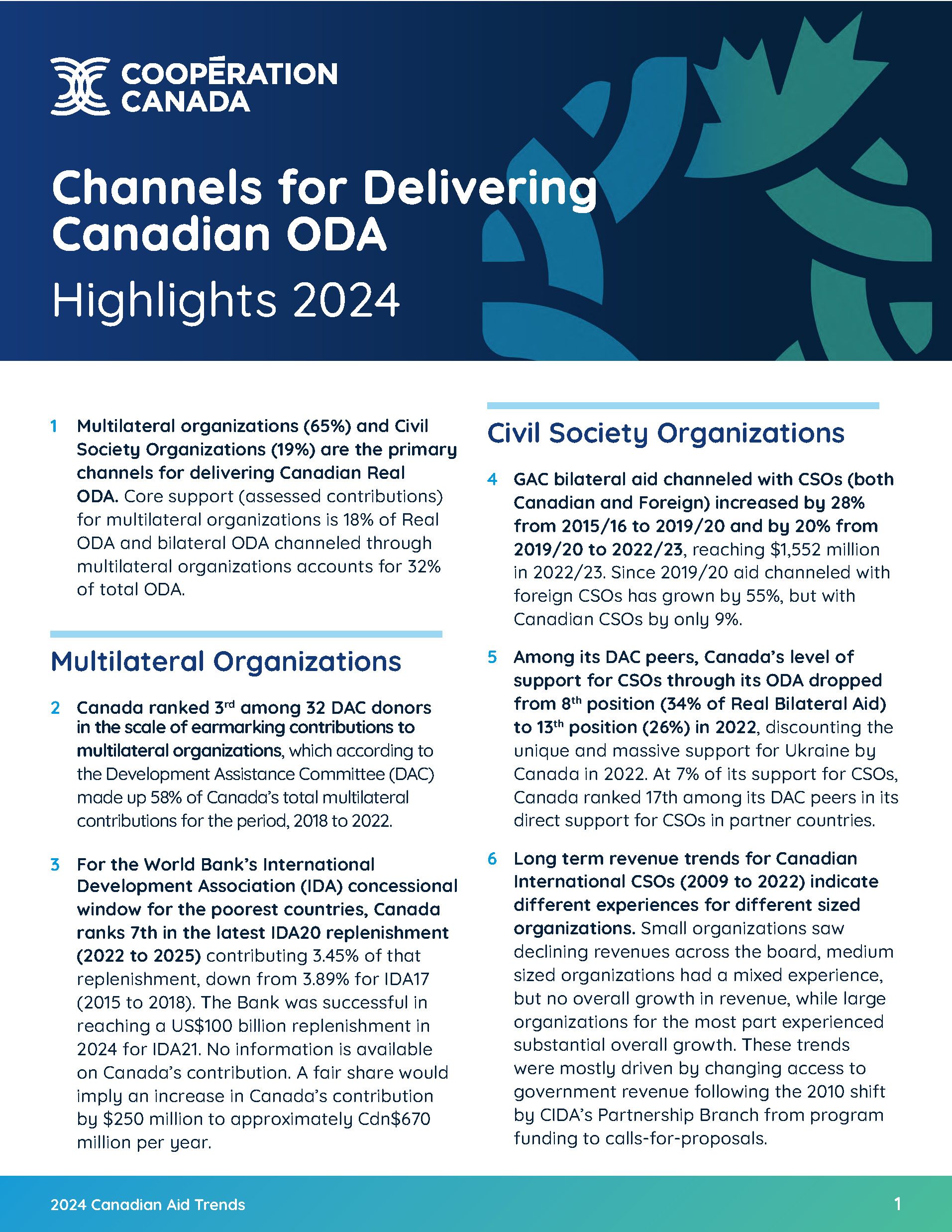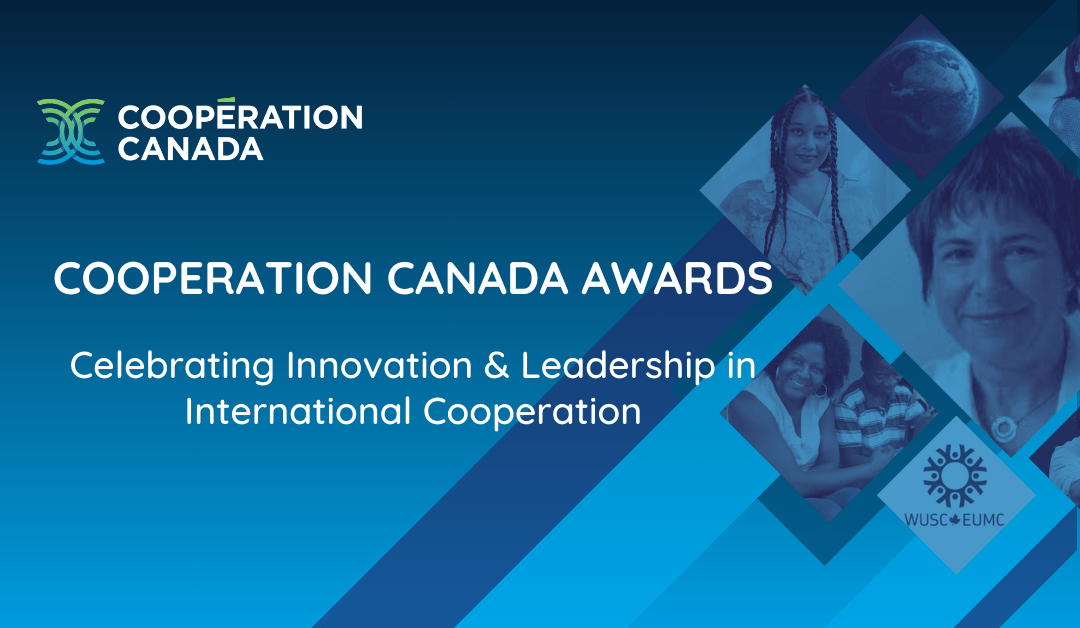
Celebrating Excellence: Announcing the Winners of the 2024 Cooperation Canada Awards
Once again, the Cooperation Canada Awards shined a spotlight on individuals and organizations making a significant impact in international cooperation. These awards celebrate excellence, dedication and innovation in the sector. On February 6, 2025, attendees gathered for this year’s ceremony, where we were honoured to welcome the Minister of International Development, the Honourable Ahmed Hussen, who delivered the opening address. The evening was a testament to the outstanding contributions of those working to build a more just, safe and sustainable world.
Karen Takacs Awards
Every year, Cooperation Canada recognizes individuals who have made a significant impact on women’s lives globally through the Karen Takacs Award. Named in memory of a passionate advocate for women’s rights, this award celebrates outstanding leadership, collaboration and commitment to gender equality.
We were proud to present the 2024 Karen Takacs Award to Katrina Leclerc for her exceptional leadership in advancing women, peace and security and youth rights in global policy. A tireless advocate, Katrina has played a pivotal role in shaping Canada’s Office of the Women, Peace and Security (WPS) commitments, ensuring the integration of youth perspectives and supporting national action plans worldwide. Her work exemplifies the spirit of feminist, inclusive and intersectional peacebuilding.
Innovation & Impact Awards
With World University Service Canada (WUSC) and the trustees of the Lewis Perinbam Award, Cooperation Canada recognizes Canadian individuals and Civil Society Organizations (CSOs) that are doing impactful and innovative work with the Organizational and Individual Innovation & Impact Awards.
The 2024 Individual Innovation & Impact Award was presented to Dr. Roopan Gill for her transformative work in sexual and reproductive health. As co-founder and CEO of Vitala Global, she has revolutionized access to care for women and girls in underserved and crisis-affected areas through a groundbreaking digital health platform. A globally recognized expert, Dr. Gill has also worked with the World Health Organization and other initiatives, championing gender equity in public health and ensuring reproductive healthcare remains a fundamental right.
The 2024 Organizational Innovation & Impact Award to Développement International Desjardins (DID) for its groundbreaking work in inclusive finance through the Aequitas fund. Launched to support financial institutions that promote sustainable development, gender equality and climate action, Aequitas expands access to financial services for women, smallholder farmers and entrepreneurs in crisis-affected regions. With support from Global Affairs Canada, the fund has strengthened financial inclusion, created jobs and improved access to healthcare and education for underserved communities.


